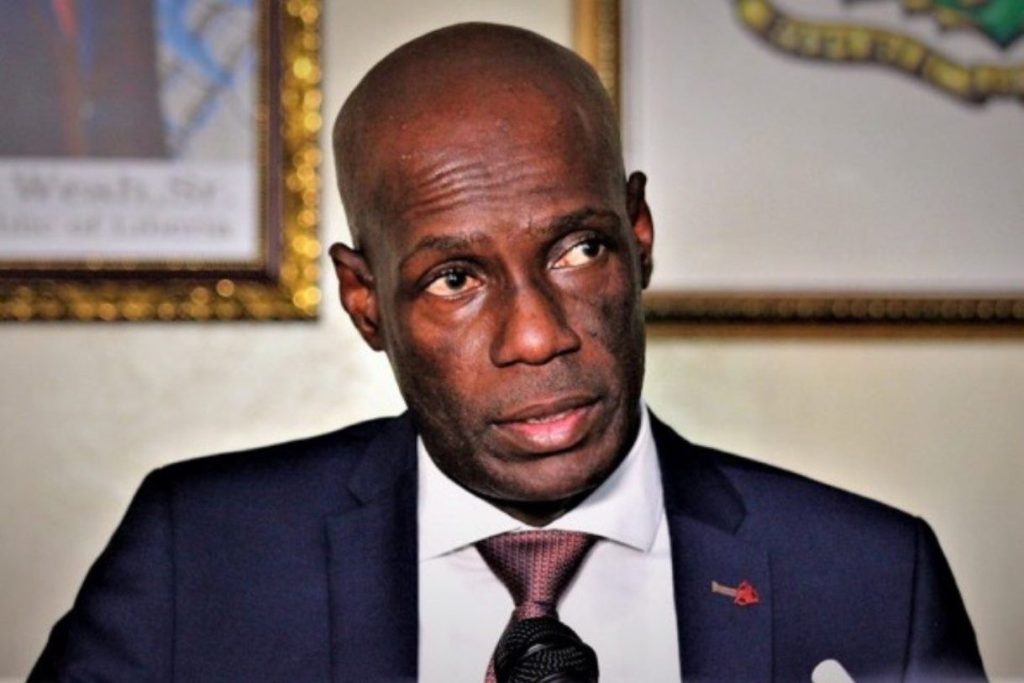Solomon George’s resignation from the Congress for Democratic Change (CDC) and his subsequent accusations against the party and its former standard-bearer, ex-President George Weah, have ignited a firestorm of controversy within Liberia’s political landscape. George, a longtime stalwart of the CDC, publicly aired his grievances in a scathing resignation letter, citing years of alleged betrayal, intimidation, and deeply ingrained corruption within the party’s ranks. His departure, coupled with the recent expulsion of Deputy Speaker Thomas P. Fallah, has fueled speculation about the CDC’s stability and future prospects, particularly in the wake of its electoral defeat.
At the heart of George’s accusations is the claim that former President Weah engaged in a pattern of dishonesty and disloyalty, fostering a climate of hypocrisy within the party. He alleges that Weah repeatedly made false promises and worked against his interests, betraying the trust that George had placed in him as a leader and political ally. Furthermore, George contends that the CDC has become infiltrated by individuals seeking personal gain at the expense of the party’s ideals and the welfare of its supporters. He paints a picture of a party riddled with internal strife and moral decay, a far cry from the image it once projected.
The response from the CDC, particularly from Eugene Lenn Nagbe, former Commissioner General of the Liberia Maritime Authority and Chief of Staff to ex-President Weah, has been swift and dismissive. Nagbe characterized George’s resignation letter and the accompanying allegations as “trash,” suggesting that they stem from a disgruntled individual seeking employment within the current administration of President Joseph Boakai. He downplayed the significance of George’s departure, arguing that the CDC has weathered similar storms in the past, including the resignation of George Weah himself. Nagbe asserted that no single individual is indispensable to the party’s survival and that the CDC remains a resilient force in Liberian politics.
Nagbe’s remarks reflect a broader effort within the CDC to minimize the fallout from George’s resignation and to project an image of unity and stability. He emphasized that Senator Saah Joseph, another prominent CDC figure, remains committed to the party, despite rumors of internal dissent. Nagbe’s insistence that there is no internal wrangling within the CDC contrasts sharply with the narrative presented by George and other critics, who point to a pattern of infighting and power struggles within the party. This discrepancy highlights the deep divisions that exist within the CDC and the challenges it faces in maintaining a cohesive front.
The controversy surrounding George’s resignation raises crucial questions about the future direction of the CDC. The party is at a crossroads, grappling with the aftermath of an electoral defeat and contending with internal divisions that threaten to further undermine its strength. The accusations of corruption and betrayal leveled by George, if substantiated, could significantly damage the CDC’s reputation and erode public trust in the party. The CDC’s leadership will need to address these concerns head-on and take concrete steps to rebuild its image and regain the confidence of its supporters.
The unfolding political drama in Liberia underscores the fragility of political alliances and the importance of transparency and accountability within political parties. The allegations made by Solomon George, whether accurate or not, have exposed deep fissures within the CDC and have sparked a public debate about the party’s values and its commitment to serving the interests of the Liberian people. The coming months will be crucial for the CDC as it navigates this turbulent period and charts a course for the future. The party’s ability to address the issues raised by George and to heal the internal divisions will determine its long-term viability and its ability to remain a relevant force in Liberian politics.














